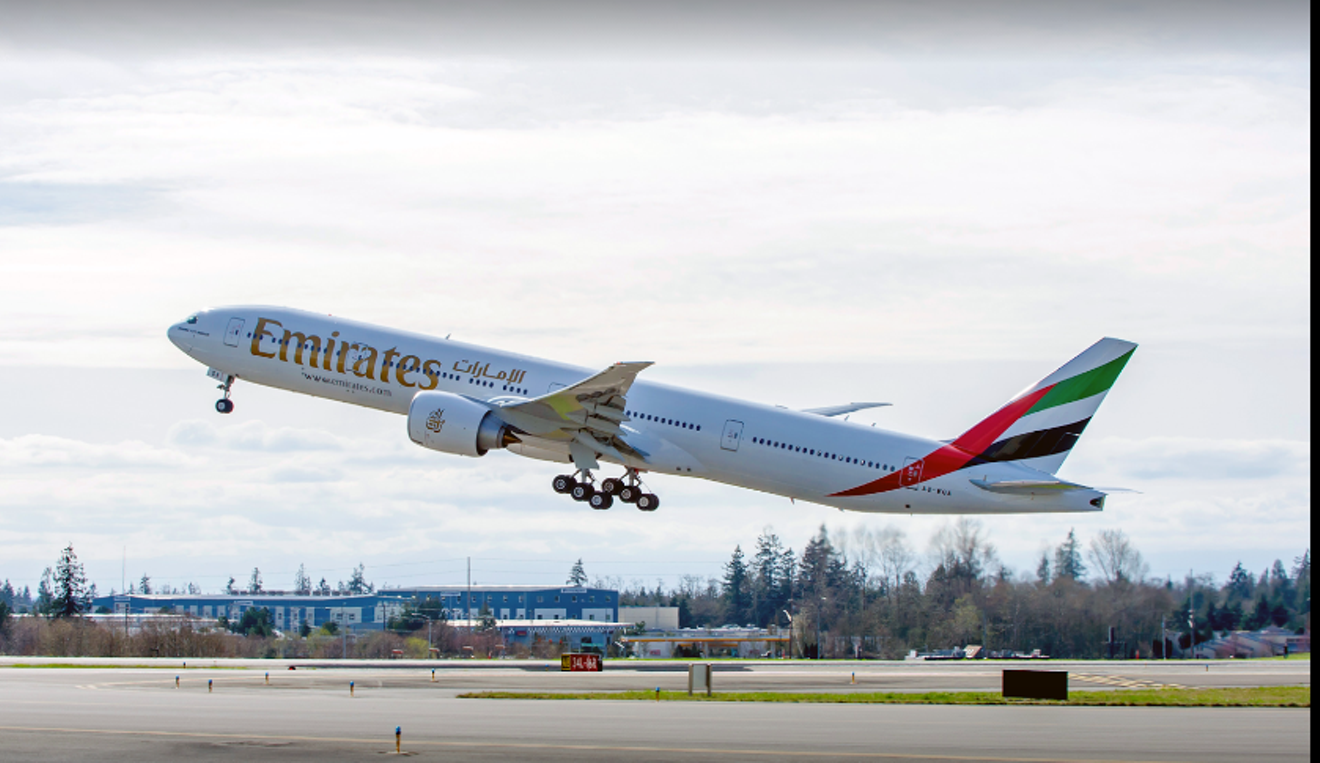For years, airlines and unions have argued that carriers from the Persian Gulf have been taking massive government subsidies in violation of international rules called Open Skies agreements. The American carriers wanted the U.S. government to renegotiate the agreements, but the Obama administration solicited reams of data from the U.S. airlines and then did nothing.
The Trump administration came into power promising to protect U.S. business interests, and the U.S. airline industry certainly hoped he would cater to their needs. The industry group formed to push the renegotiation, called the Partnership for Fair & Open Skies, began outreach a day after the election and started a White House email campaign on their website. Airline executives met Trump after the election, doubtlessly bringing the topic to the conversation.
The partnership is an alliance of American Airlines, Delta Air Lines and United Airlines and a slew of unions. Fort Worth-based American is a major partner, and Dallas-based Southwest's pilots' association is also a member. This advocacy group's nemeses are Middle Eastern airlines like Emirates that want to fly to more cities in the United States.
The U.S. carriers claim these carriers enjoy government subsidies that enable them to fly airplanes that are unprofitably empty, undercut U.S. prices and claim more market share. That's the shared threat to the airlines and unions, which are typically at each other's throats.
Today's news fits the airline industry's desire that the foreign carriers cut back on the number of flights to the United States. Emirates says it will remove 25 of the 126 weekly flights starting in May, with flights to Florida, Seattle and Boston curtailed.
The carrier laid blame on Trump policies. "The recent actions taken by the U.S. government relating to the issuance of entry visas, heightened security vetting and restrictions on electronic devices in aircraft cabins have had a direct impact on consumer interest and demand for air travel into the U.S.," Emirates said in a statement. There is only their word on this: Emirates does not release data for its routes.

Screen grab from a video created by the lobbying group fighting Emirates' U.S. expansion.
Partnership for Fair & Open Skies
It's not odd to hear these two entities disagree over fundamentals, but these are two stark views of the aviation market. Both sides have a vested interest in presenting their version.
This month, before the cutbacks were announced, the head of the Emirates group, Sheikh Ahmed bin Saeed Al Maktoum, blamed “increased competition and the sustained economic and political uncertainty in the world” for a "75 per cent drop in its 2016 first-half net profit last November." In another sign that Emirates does indeed pay attention to profit, they delayed orders of new airplanes from Airbus a full year and postponed other strategic initiatives.
So it appears that Emirates has halted its expansion and may even retreat from the U.S. market. Which is what the North Texas airline industry wanted, right?
Maybe not. American and Delta are not immune from the reasons why Emirates says it is retreating. Cuts to Florida flights, for example, indicate a soft leisure travel market. Having international tourists avoid the United States doesn't help anyone. Soft demand for airplane seats to the United States might be a sign of a deeper malaise, one that would pain American and other airlines.
Asked if the airline is feeling a slowdown (and if a 20 percent reduction eases the pressure to renegotiate international agreements), American Airlines personnel referred questions to the Partnership for Fair and Open Skies. No one from the group returned a request for comment.It appears that Emirates has halted its expansion and may even retreat from the U.S. market. Which is what the North Texas-based airlines wanted, right?
tweet this
Recent analyses have not indicated a widespread slowdown in demand. Just this month, the International Air Transportation Association released a statement saying things looked all right. "Although we remain concerned over the impact of any travel restrictions or closing of borders, we have not seen the attempted U.S. ban on travel from six countries translate into an identifiable traffic trend," said Alexandre de Juniac, IATA’s director general. "Overall travel demand continues to grow at a robust rate.”
That includes North America, which experienced slower growth than other areas, but it's definitely growth. "Traffic to and from Asia continues to move upward, but transatlantic demand has trended sideways since mid-2016," IATA noted. (Indeed, Emirates says they will expand in China and other parts of this red-hot market.)
That leaves the Emirates' move as either a warning about the impact of Trump security policies or a political gesture that meshes with a business decision prompted by rising competition.
Emirates President Tim Clark told reporters earlier this month that "the first U.S. travel order saw the booking velocity fall by 35 per cent overnight. The effect it had was instantaneous.” So maybe there is more of this to come – and it's bad news for U.S. airlines.
That doesn't mean that such a move doesn't have political motives, as a way to protest the Trump policies.Time will be the best judge of which vision is closer to the truth and how much fallout is really expected from these White House directives. For now, the accidental protectionism from Washington is music to airline executives' ears. They just have to hope that they will not be left with too many empty airplane seats when it stops.












